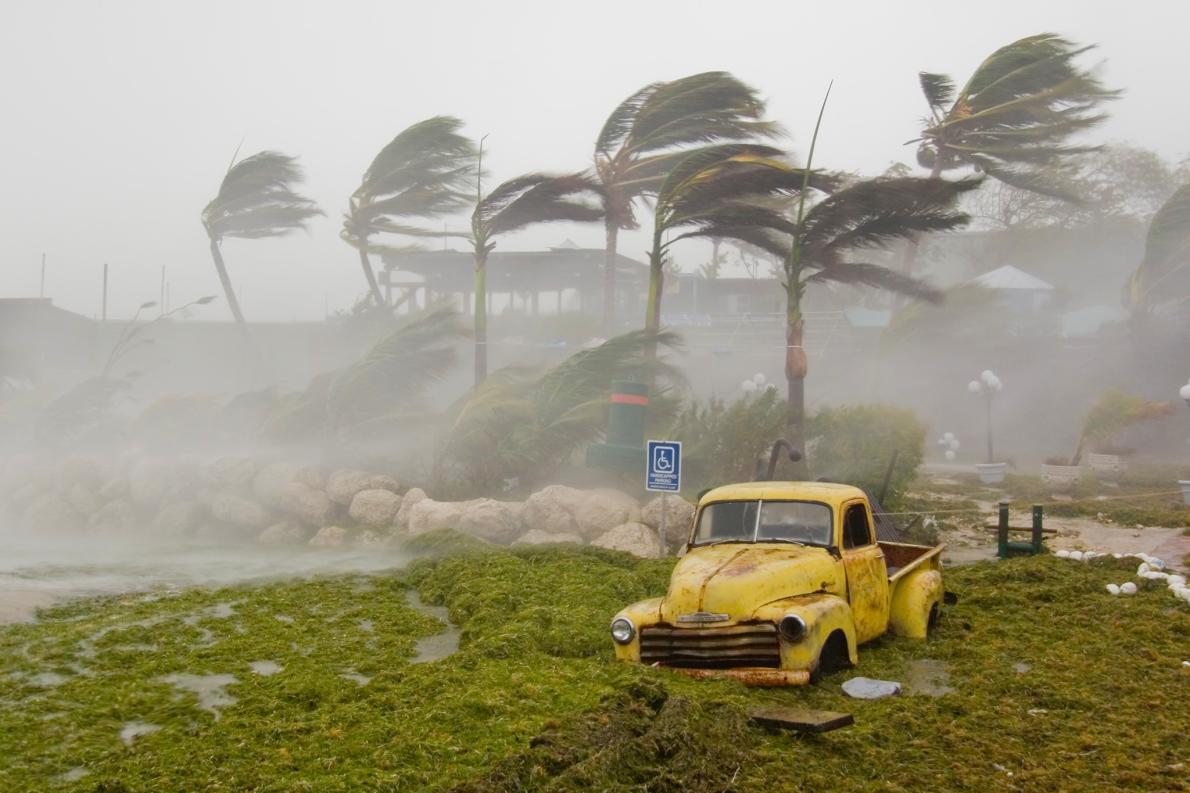Can government keep up with the accelerating rate of technologic change? The answer is, usually not. In the US, at least, government moves slowly and is captive to multiple conflicting influences. Legislators react after problems arise, and even then may not fully understand the underlying technology.
 Instead, insurance companies may become the real regulators of new technology.
Instead, insurance companies may become the real regulators of new technology.
Consider autonomous vehicles. Some states are passing legislation to allow self-driving cars, in part hoping to attract Google or Tesla or Uber dollars. But insurance companies are taking a wait-and-see attitude. They’re already planning how they’ll insure self-driving cars (who has the liability?), but they’re in no rush to do so–there are still too many unknowns.
As one insurance executive told me: “Politicians can make self-driving cars legal. The real question will be: can you insure one?”
Or take climate change. One immediate step, given increased extreme weather and sea-level rise, might be to limit construction on low-lying coastal land in hurricane zones. But government doesn’t want to tell voters, no, you can’t build a house there. Insurance companies, on the other hand, are perfectly willing to say they won’t insure it.
coastal land in hurricane zones. But government doesn’t want to tell voters, no, you can’t build a house there. Insurance companies, on the other hand, are perfectly willing to say they won’t insure it.
And insurers aren’t just saying “no.” One company I work with, for example, has a laboratory that tests building materials in extreme weather conditions. The goal: requiring resilient materials as a prerequisite for insurance coverage.
A very recent example is computer security. Security experts will tell you that most corporate hacking cases are not the result of brilliant hackers. They’re the result of careless security. And bad cybersecurity is starting to impact the market value of companies.
Sounds like another role for insurance. But until recently, cybersecurity insurance was a tricky proposition–insurance companies weren’t sure how to assess the risk. Now, however, insurance companies are beginning to formulate security requirements for companies who seek cyberattack coverage.
In the early 20th century, insurance companies had real impact on increasing factory safety, because they required certain levels of safety before issuing workers’ compensation insurance. A full century later, they may well do the same with cybersafety.
By Michael Rogers
 Michael Rogers is an author, journalist and futurist, who most recently served as futurist-in-residence for The New York Times. Michael consults with both start-ups and Fortune 500 companies. He is a frequent guest on television and radio and speaks to audiences worldwide. Please visit Michael Roger’s website here.
Michael Rogers is an author, journalist and futurist, who most recently served as futurist-in-residence for The New York Times. Michael consults with both start-ups and Fortune 500 companies. He is a frequent guest on television and radio and speaks to audiences worldwide. Please visit Michael Roger’s website here.

